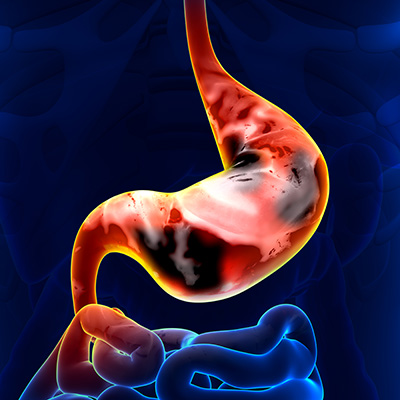Common Illnesses
Bronchitis:
Bronchitis is the inflammation of the main air passage within the lungs.
Causes: Bronchitis occurs most often during the cold and flu season, usually coupled with an upper respiratory infection. Air pollution and allergies also cause bronchitis
Symptoms: Chest discomfort, Cough that produces mucus, Shortness of breath worsened by exertion or mild activity
Prevention: Reduce your exposure to air pollution, Wash your hands frequently
Sinusitis:
Sinusitis, also referred to as sinus infection, is an inflammation of the sinuses and nasal passages. They usually occur with a bacterial, fungal or viral infection. Sinusitis can be acute (symptoms last 2-8 weeks) or chronic. While acute sinusitis is caused by damage to the lining of the sinuses from surgery or infections, chronic sinusitis may be caused by bacteria or a fungus.
Causes: Acute sinusitis may be triggered by colds, allergens or pollutants. A deviated nasal membrane may block the opening of the sinuses.
Symptoms: High fever, along with a darkened nasal discharge, Cold or respiratory illness Fatigue, headache, and sore throat
Prevention: Treat flu, allergies, and cold quickly, Wash hands often, Avoid smoke and pollutants
Strep Throat:
Strep throat is a contagious disease. It is a bacterial infection in the throat and tonsils. The throat gets irritated and inflamed, causing a sudden, severe sore throat.
Cause: Strep throat is caused by infection with streptococcal bacteria.
Symptoms: Swollen tonsils and lymph nodes , Sore throat, White or yellow patches on the tonsils or on the back of the throat.
Prevention: Cover mouth and nose when you sneeze or cough, Wash hands frequently
Gastroenteritis:
Gastroenteritis is the medical term for stomach flu. Gastroenteritis is an irritation and inflammation of the stomach and intestines (the gastrointestinal tract).
Causes: Gastroenteritis may be caused by a virus, bacteria, parasites in spoiled food or unclean water, or another trigger such as lactose intolerance, which causes a reaction to dairy products.
Symptoms: Abdominal cramps, stomach pain, nausea, vomiting, and diarrhea. Fever, headache, swollen lymph glands, depending on the type of bug that causes it
Prevention: Drink clean water and avoid spoiled foods
Influenza:
Influenza (flu) is a contagious respiratory disease. It is an infection of the nose, throat, and lungs.
Causes: Flu is cause by a number of different influenza viruses
Symptoms: Fever, coughing, sore throat, runny or stuffy nose, muscle or body aches, headaches, and fatigue
Prevention: Get vaccinated each year Practice good health habits
Attention Deficit Hyperactivity Disorder:
Attention Deficit Hyperactivity Disorder (ADHD), also known as Attention Deficit Disorder (ADD) is a problem with inattentiveness, over-activity, or impulsivity. ADHD and ADD have symptoms that may begin in childhood and continue into adulthood.
Causes: ADHD is often genetic. Whatever the specific cause may be, it seems to be set in motion early in life as the brain is developing. Experts believe ADHD is also caused by head injury, brain changes, and chemical imbalance.
Symptoms: Inattentiveness, Hyperactivity, Impulsivity
Prevention: At this time, there is no identified way to prevent ADHD. However, early detection can be helpful in dealing with the side effects.



















